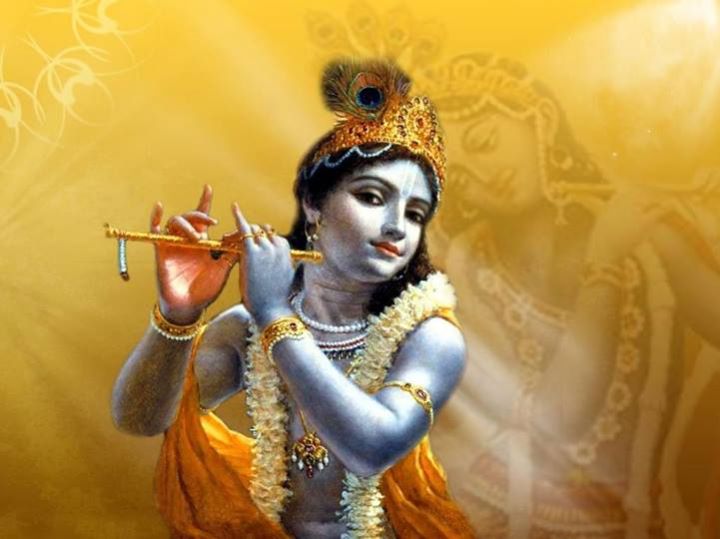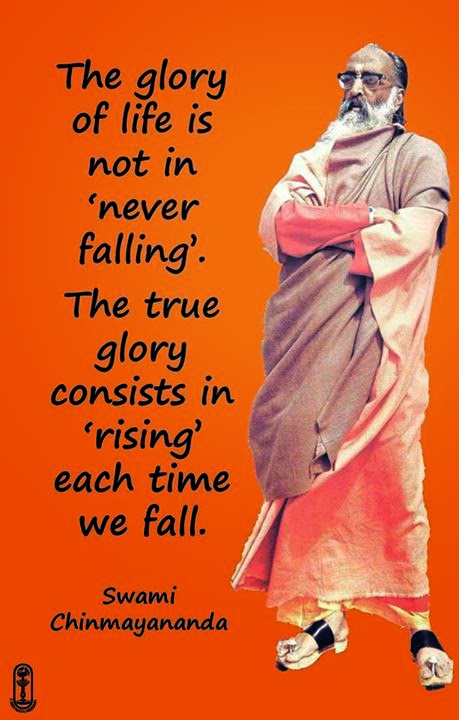Gita : Ch-6. Introduction-1.

Srimad Bhagavad-Gita : Chapter-6. ( Dhyana-yogam ) Introduction : 1. In this chapter the Lord explains that the process of the eightfold yoga system is a means to control the mind and the senses. However, this is very difficult for people in general to perform, especially in the age of Kali. Although the eightfold yoga system is recommended in this chapter, the Lord emphasizes that the process of karma-yoga, or acting in Lord's consciousness, is better. Everyone acts in this world to maintain his family and their paraphernalia, but no one is working without some self-interest, some personal gratification, be it concentrated or extended. The criterion of perfection is to act in Lord's consciousness, and not with a view to enjoying the fruits of work. To act in consciousness is the duty of every living entity because all are constitutionally parts and parcels of the Supreme. The parts of the body work for the satisfaction of the whole body. The limbs...














